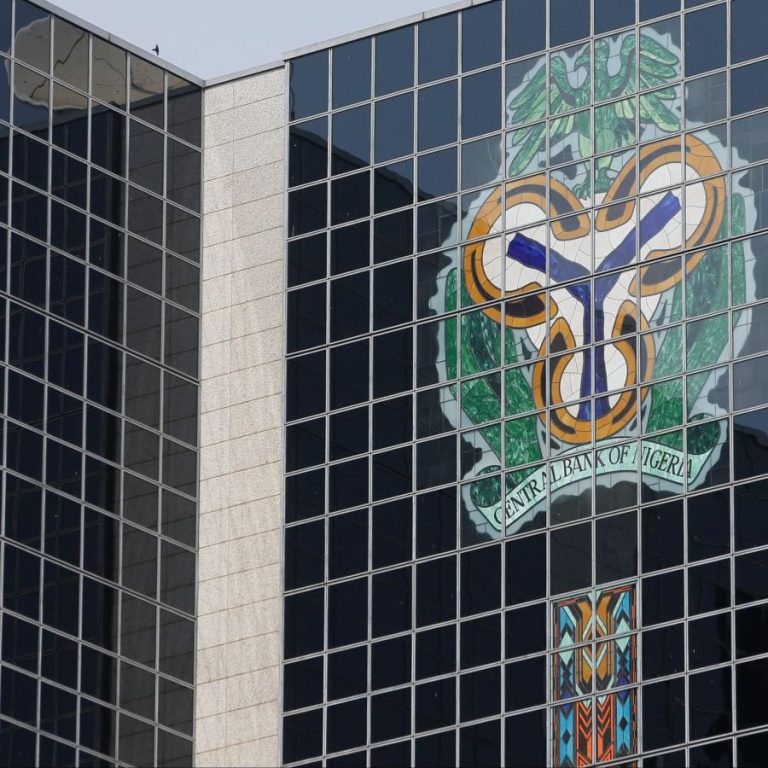
Under the Anchor Borrowers’ Programme (ABP), the Central Bank of Nigeria (CBN) has reportedly distributed a total sum of N1.01 trillion to over 4.2 million smallholder farmers farming 21 commodities across the country as at May 2022.
The report is in accordance with the data obtained from the CBN.
It’s noteworthy that the ABP evolved from consultations with stakeholders comprising the Federal Ministry of Agriculture & Rural Development, State Governments, agro-processors, commodity associations, financial institutions and smallholder farmers to ramp up agricultural production, boost non-oil exports and diversify the revenue base of Nigeria.
Register for Tekedia Mini-MBA edition 19 (Feb 9 – May 2, 2026): big discounts for early bird.
Tekedia AI in Business Masterclass opens registrations.
Join Tekedia Capital Syndicate and co-invest in great global startups.
Register for Tekedia AI Lab: From Technical Design to Deployment (next edition begins Jan 24 2026).
The Bank added that between April and May 2022 alone, it released the sum of N57.91 billion under the ABP to 185,972 new projects within the shores of Nigeria.
The apex bank’s credit is in line with its mandate to give the real sector easy access to credit in order to ensure economic stability, having suffered from a recession during the Coronavirus disease (COVID-19) pandemic.
The mother bank said, “Between April and May 2022, the Bank released the sum of N57.91 billion under the Anchor Borrowers’ Programme (ABP) to 185,972 new projects for the cultivation of rice, wheat, and maize, bringing the cumulative disbursement under the Programme to N1.01 trillion, disbursed to over 4.2 million smallholder farmers cultivating 21 commodities across the country.”
According to the report, the CBN also loaned a total of N21.23 billion under the Accelerated Agriculture Development Scheme (AADS) for 10 state-led and three (3) private sector-led projects.
It said, “The Bank further disbursed the sum of N1.50 billion, under the Accelerated Agriculture Development Scheme (AADS), to one (1) new youth-led project, piloted and funded through the Government of Ondo State for the acquisition of assets for oil-palm cultivation and the establishment of poultry farms. This brings the total disbursement under the Scheme to N21.23 billion for 10 state-led and three (3) private sector-led projects.”
It further hinted that under the Commercial Agriculture Credit Scheme, the Bank issued N21.73 billion to support seven (7) large-scale agricultural projects (CACS).
It would interest us to understand that the core mandate of the ABP is mainly to provide loans to smallholder farmers to boost agricultural production, create jobs, and reduce food import bills for the conservation of the foreign reserves.
The broad objective of the programme is to create economic linkages between smallholder farmers and processors to increase agricultural output and ensure reduction of food prices.
The ABP may have been helpful to the society, but the worry remains the avenue through which the concerned authorities get hold of the farmers who truly and genuinely deserve the available funds.
More so, knowing full well that corruption has overtime hindered several projects initiated across the federation, it’s imperative to implement a measure that would help to aptly monitor the ABP to the letter.
It would be very appalling to realize that the monies meant for poor and struggling Nigerians are being siphoned into private purses as the journey progresses. This is the reason a drastic and candid approach must be initiated to ensure adequate compliance as long as the programme lasts.




Hope part of the money some used to purchase forms for Emefiele didn’t come from there?
Farming is physical, it’s not mystical. In other words, anyone who claims to have a farm, you can easily verify, monitor progress, from land preparation through harvest, we shouldn’t make it sound like something nobody understands.
How does the CBN measure impacts: employment, abundance, affordable food prices? When you give out public money to private enterprises, at least it must be with the intention of public good, because if there’s abundance, everyone benefits.
Farmers don’t need to touch money, if you need seedlings, get the quotes and suppliers, the partner bank will do the rest, and you have seedlings supplied, same goes for logistics and every component of the undertakings.
Buhari is dealing with the economy from the fiscal side, Emefiele is doing his from the monetary side; they both claim to love Nigeria and are passionate about her development, yet they keep working like mercenaries sent to destroy the land.
World of wonders.